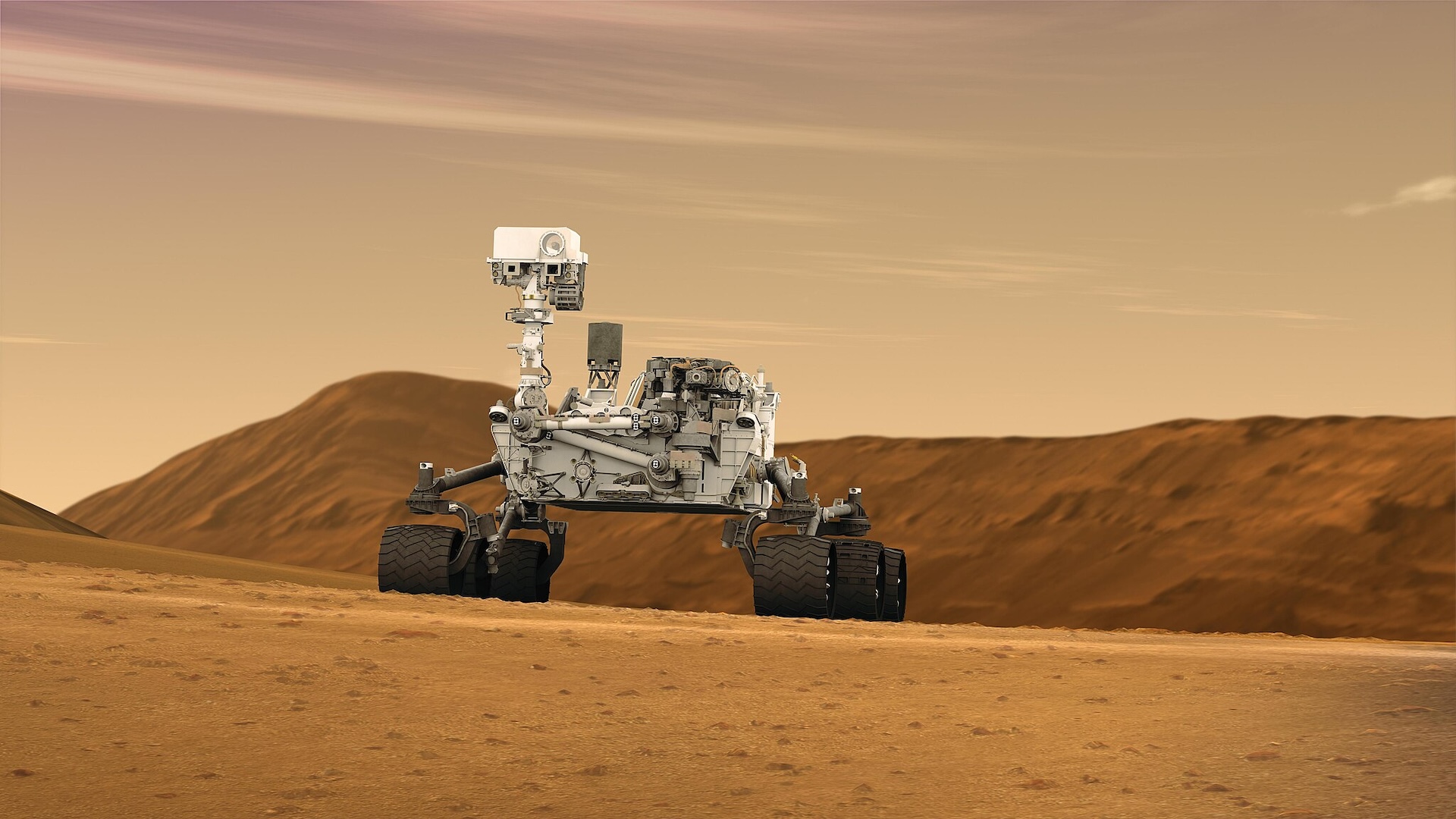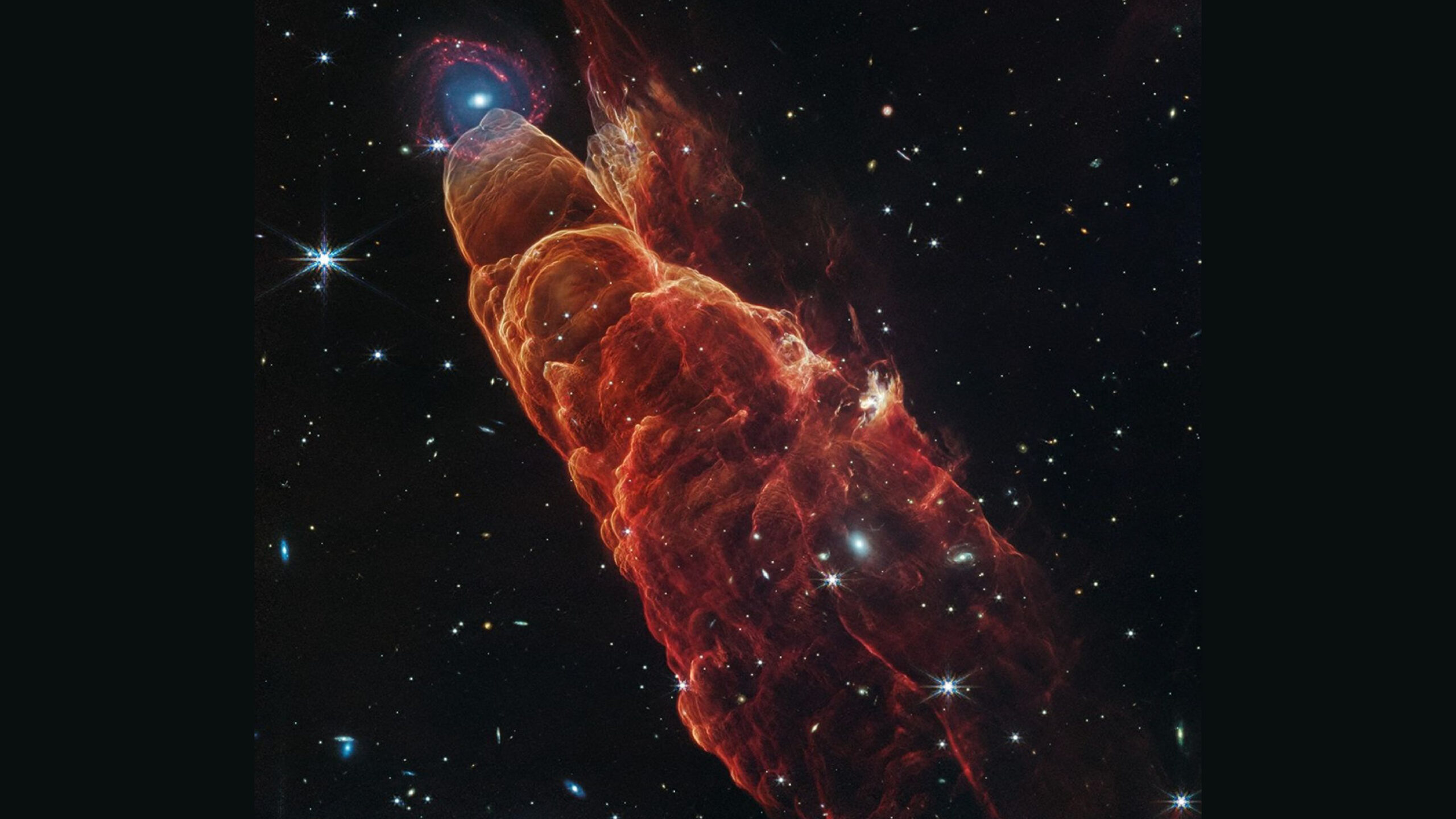Now Reading: Longest Molecules on Mars Hint at Possible Life Building Blocks
-
01
Longest Molecules on Mars Hint at Possible Life Building Blocks
Longest Molecules on Mars Hint at Possible Life Building Blocks

Swift Summary
- NASA’s Curiosity rover discovered the longest organic molecules yet found on Mars – hydrocarbon chains up to 12 carbon atoms long (decane, undecane, dodecane).
- The molecules were detected in a 3.7 billion-year-old rock sample from Yellowknife Bay within Gale Crater,believed to be an ancient lakebed.
- Thes hydrocarbon chains likely originated from fatty acids,which are associated with biological activity on Earth but can also form naturally without life.
- A new analytical method involving pre-heating samples led to their accidental discovery during tests meant to find amino acids.
- Researchers suggest these molecules may have broken down from fatty acid tails and note that water existed in Gale Crater for possibly millions of years – a timeframe perhaps sufficient for life-forming chemistry.
- This discovery supports Curiosity’s capability to detect preserved molecular evidence from Mars’ ancient environment.
- Researchers advocate for bringing Martian soil samples back to Earth for deeper analysis and resolving questions about past or present life on the planet.
(Image credit: NASA/JPL-Caltech)
!Curiosity Rover
!Hydrocarbon Molecules Graphic
Indian Opinion Analysis
NASA’s findings of long-chain hydrocarbons on Mars signify a critical milestone in astrobiology. For India, which has invested heavily in space exploration through initiatives such as ISRO’s Chandrayaan and Mangalyaan missions, these discoveries highlight the growing importance of planetary research. As countries increasingly seek answers about habitability elsewhere in the solar system,international collaboration between agencies could deepen scientific advancements.
Moreover, this underscores India’s potential role in developing technologies capable of detecting traces of extraterrestrial life during future interplanetary missions. It also stimulates opportunities for public-private partnerships that bolster research and innovation tied specifically to astrobiology tools like advanced spectrometry systems.
The possibility that chemical traces remain intact after billions of years provides hope even for Lunar or Martian sites explored under India’s programs. This could influence strategies around how Indian researchers approach sample return missions or deep-space observatories aiming at similar investigations into extraterrestrial environments.
























